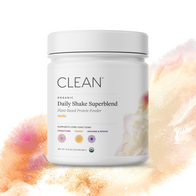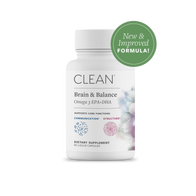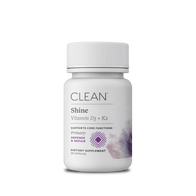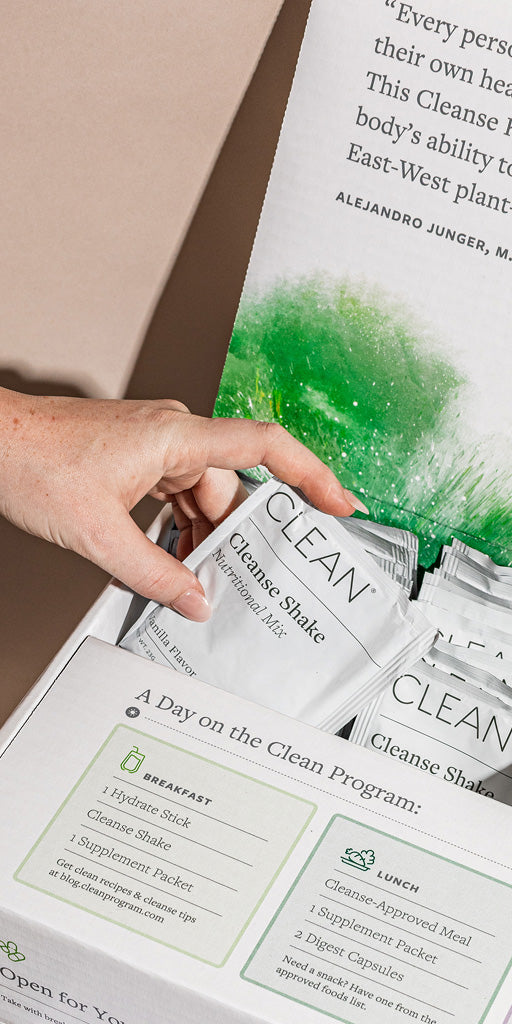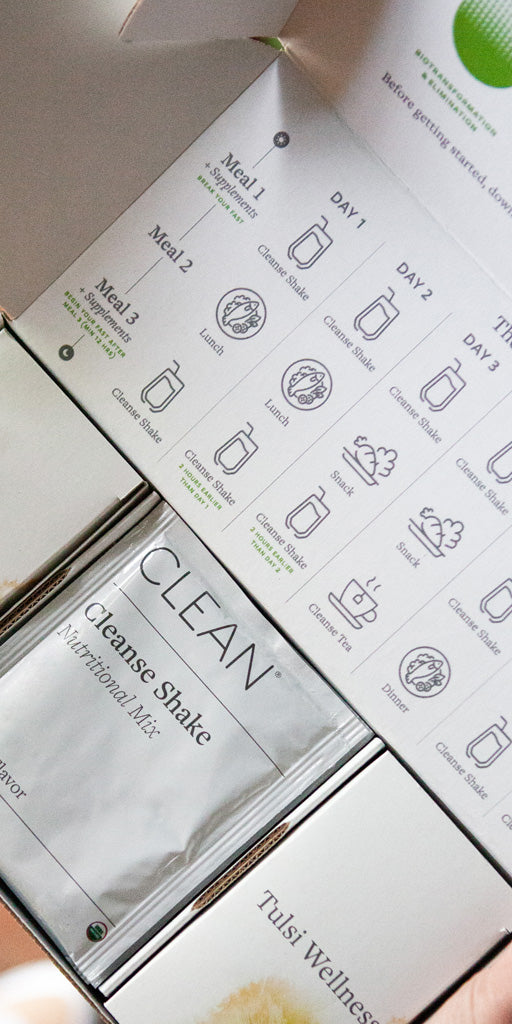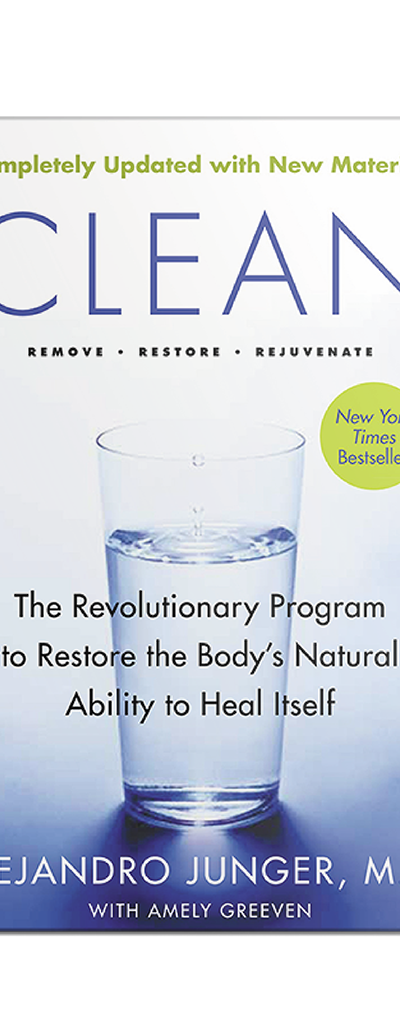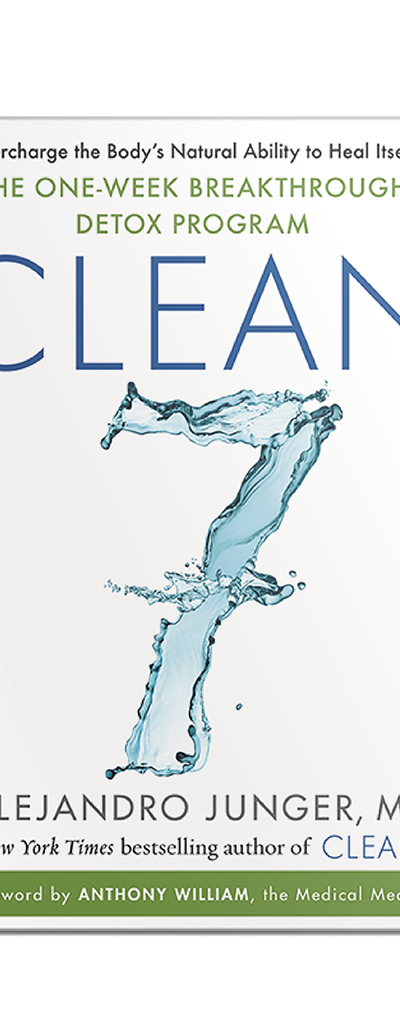
What is cortisol? Imagine running through the forest with a wild animal on your tail, coming right for you. You’re whipping through the trees, trying to escape, but you know this could be your last moment on this beautiful green earth. Your heart is palpitating, your palms are sweating, and you’re on the verge of tears …
Even though a significant number of us live in a ‘concrete jungle’ with no risk of wild animals attacking us, the stress our bodies feel in any tense situation we encounter is the same as being chased by wild beasts. When our boss is breathing over our shoulders to get our year-end reports done, the hormones that our brain releases during periods of high-stress levels are peaking, and our bodies are preparing to get into fight-or-flight mode.
While we may have a cursory idea of things that can improve these feelings, such as fish oil supplements that actually may protect the heart in stressful situations, let’s go deeper into what this all means.
What is cortisol?
Cortisol is one of the steroid hormones made in the adrenal glands. When this hormone our body produces and distributes is not managed correctly, it can put us at risk for sickness, diseases, and even premature death.
So what exactly is cortisol? I can explain it by naming the characteristics we would likely want to have if a bear was chasing us:
– We would want to be fast. A drop of adrenaline in our bloodstream would allow sugars in our bloodstream to peak, giving us the energy to sprint.
– We would want our body to prioritize survival. Other processes like keeping our immune system heightened or ensuring our digestive system is working effectively would take a back seat to deal with the most pressing threat at hand.
– We would want to be alert. Our hearts would beat much quicker, allowing us to respond to threats around us at lightning speed.
Cortisol makes all of these things possible.
All in all, it’s a pretty magical thing. But when the stress is created while we’re sitting at our desk all day, we don’t have the opportunity to burn it off as much as we would if we were, say, in a fight to the finish with a saber-toothed tiger.
How does long-term raised cortisol effect us
When the cortisol pumped throughout our system is just sitting in our bodies, the sugars released to fight off bad guys redistribute into our lower abdomen (which many women call “the pouch”), causing weight gain. Our heartbeats stay elevated, potentially leading to high blood pressure, and our immune systems can become depressed, leading to illnesses.
It gets much worse when we are chronically stressed. Whether it’s from our job, home life, or the people in our social circle, the symptoms become drawn out even further, and the effects can soon become severe. Our bodies can’t differentiate from the stress caused, so it keeps us on edge around the clock.
During periods of chronic stress, cortisol has some nasty side effects such as unwanted weight that is difficult to lose, being susceptible to coughs and colds, adrenal fatigue, lowered libido, altered menstrual cycles, and worse. Additionally, chronic stress can lead to general fatigue, impairing our ability to get outside and do the things we enjoy, some of which can even be stress-relieving.
How can I bring my cortisol in balance?
The first step in battling chronic stress is awareness. When we are on edge because of circumstances in our lives, take a moment and ensure we are living in the present. A few techniques for combatting stress can help bring us back:
– Take the time to breathe in and out slowly, counting to ten to collect thoughts.
– On days when there is more time, we can try to make it to yoga classes or do activities that make us feel at ease, such as going for a long walk.
– Choosing the wrong foods can lead to stress as well, so cutting out inflammatory foods and beverages like coffee, alcohol, salty, processed snacks, and sugar-laden treats can help lower our stress levels, even when our workload is high. Raw vegetables provide a rainbow of micronutrients and fiber to improve digestion and energize our bodies.
– Using a magnesium supplement, such as Eliminate, is effective as magnesium deficiency increases anxiety and depression.
Although the stresses we deal with are so much less life-threatening than they were thousands of years ago, the stress response puts our bodies in the same state as our ancestors when fighting a lion. We can consider this when getting stressed out and seek outlets that help us feel calm and at ease to prevent chronic stress from getting the best of us.
Written by Reese Evans
If you enjoyed this article, you might also like The Power of the Sleep and Weight Loss Connection












